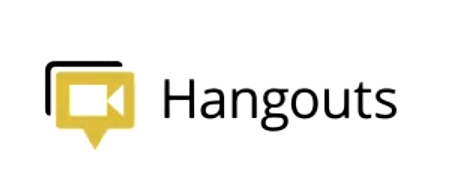 Guest post by mom, Carly Pietrzyk | Cross posted at Teaching Generation Text
Guest post by mom, Carly Pietrzyk | Cross posted at Teaching Generation TextI love my cell phone, but I have to admit, I was resistant to the texting craze and preferred to communicate with people via phone calls and emails. This changed, however, when my daughter got her first cell phone at age 11. She plays soccer several days a week and carpools with other families, so my husband and I wanted to get her a phone to make sure we had a way to contact her when we were not there.
Originally I thought this would mean an exchange of phone calls, but in typical tween fashion she immediately gravitated toward texting as her main mode of contact. This is when the texting world unfolded for me. It became clear that what is most important isn't necessarily the mode of communication but that my child and I were connecting. I learned the lingo and began communicating with my daughter when she was not with me.
She is now 12 ½ and texting gives her a way to check in with me and ask me for advice when she is with her friends. I love that she can now ask me things she might not want to ask out loud in front of her friends! I am sure I will grow to appreciate this even more when she and my younger son hit the teenage years.
For more ideas about effective ways that parents, teachers, and others can use cell phones to build relationships and enrich learning order Teaching Generation Text.
Carly Pietrzyk is a working mother of two children; Ava 12 and Carl 10. Pittsburgh, PA



 Once upon a time the animals decided they must do something heroic to meet the problems of a “new world” so they organized a school. They had adopted an activity curriculum consisting of running, climbing, swimming and flying. To make it easier to administer the curriculum, all the animals took all the subjects.
Once upon a time the animals decided they must do something heroic to meet the problems of a “new world” so they organized a school. They had adopted an activity curriculum consisting of running, climbing, swimming and flying. To make it easier to administer the curriculum, all the animals took all the subjects.

